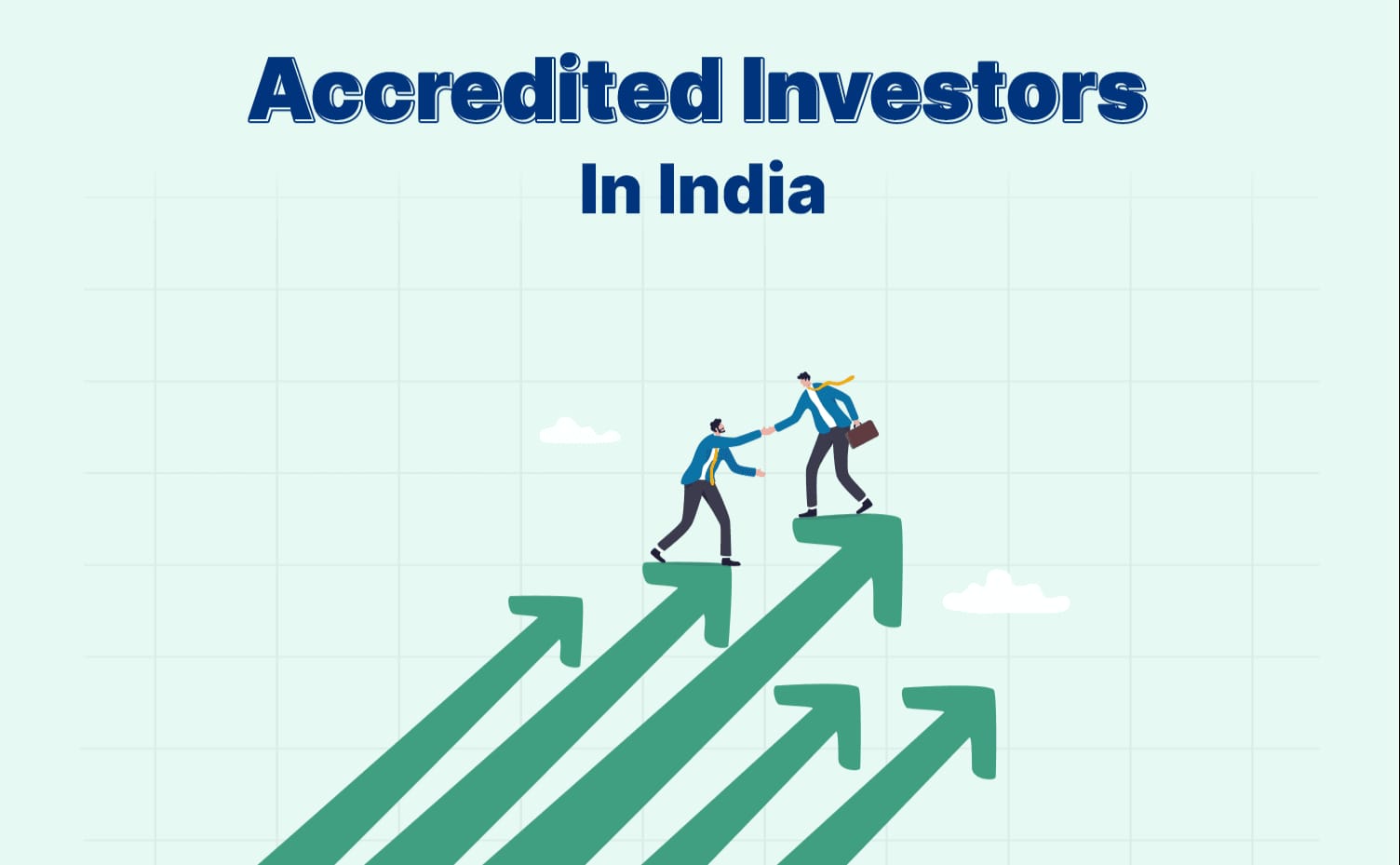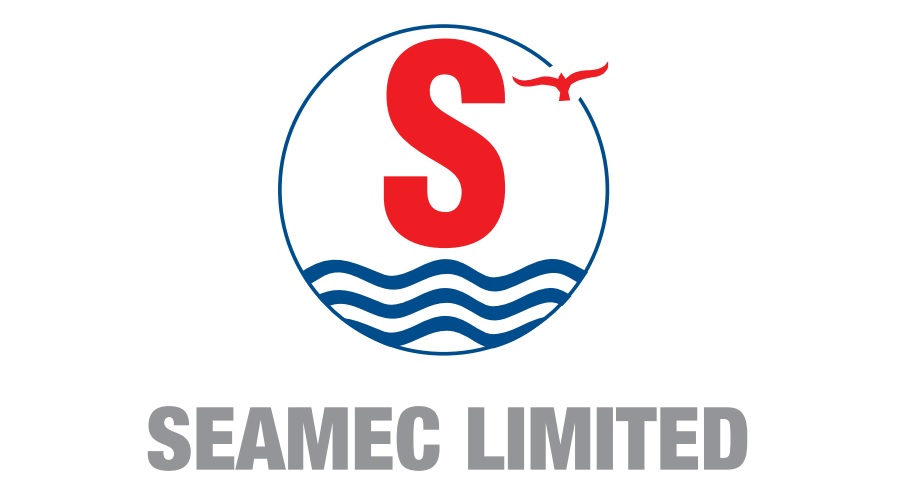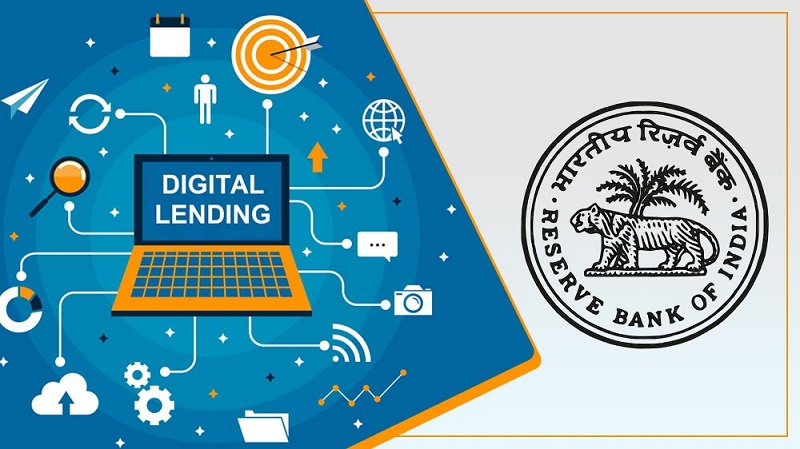
Follow WOWNEWS 24x7 on:
Updated: June 05, 2025 14:21

The Securities and Exchange Board of India (SEBI) is accelerating plans to onboard high-net-worth individuals (HNIs) and worthy institutions as accredited investors, with proposals to simplify the process and make it more electronic. This comes against the backdrop of the current number of accredited investors in India, approximately 200, being perceived as woefully inadequate of the size of the HNIs in the capital market.
SEBI's recent initiative also includes plans to streamline registration via account aggregator modes and leverage available data such as mutual fund and demat account data to speed up verification. The regulator is also considering going fully digital onboarding and could suggest that the accreditation agencies reduce fees if the applications volume goes up. Interestingly, SEBI is even considering possibly allowing related parties or relatives to collectively qualify as accredited investors and allowing accredited investors to invest in large value funds.
What is an Accredited Investor?
An accredited investor is a person or institution that qualifies on financial grounds in accordance with SEBI regulations, which gives them access to opportunities of investment available to none, including private placements, alternative investment funds (AIFs), venture capital, and hedge funds. In India, individuals, HUFs, family trusts, and proprietorships should have an income of not below Rs 2 crore per year or a net worth of Rs 7.5 crore (at least half financial assets), or income of Rs 1 crore and net worth of Rs 5 crore (at least half financial assets). For trusts and corporates, a net worth of not less than Rs 50 crore is required.
Key Highlights
Simplified Registration: SEBI is gearing up for digital onboarding and using existing financial information for instant verification.
Reduced Fees: Accreditation agencies will lower registration fees if application volumes increase.
Eligibility Expansion: Family members or related parties can be permitted to collectively qualify as accredited investors.
Greater Investment Opportunities: Accredited investors gain the exclusive right of entry to hedge funds, venture capital, private placements, and AIFs.
Extended Validity: Accreditation certificates are extended for two years (three years in certain circumstances).
KYC-Based Evaluation: Accreditation is done according to KYC and financial data so the process is faster.
What’s Next?
SEBI is expected to soon unveil an implementation plan based on recommendations from its expert working group, which could include these and other investor-friendly measures. The move is seen as critical to deepening India’s capital markets and aligning with global best practices for sophisticated investor participation
Source: Moneycontrol, Outlook Business, Hindustan Times, Moneylife




